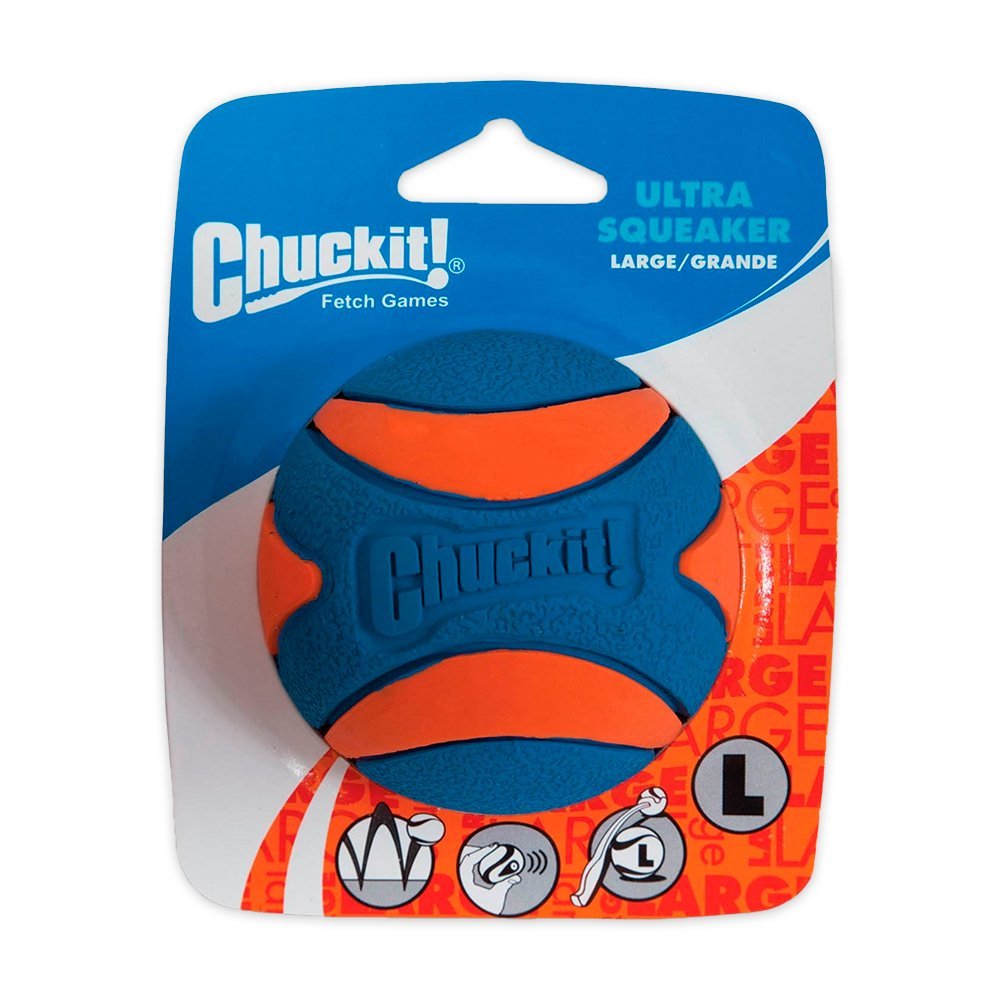Minerals and vitamins play a significant role in dog nutrition, helping dogs prevent illness and stay healthy. The importance and necessity of vitamins and minerals in dog food will be covered in this article, and we'll also look in more detail at many of the vitamins for dogs and minerals your dog needs and how these nutrients assist your dog's health.
Vitamins and minerals are essential for dog nutrition because they are critical in maintaining overall health and supporting various bodily functions. Here are the main reasons why these nutrients are required for dogs:
Vitamins And Minerals Your Dog Needs
Organic substances called vitamins can be found all over the world. They are created chemically by both plants and animals. For instance, your body creates vitamin D when you are exposed to sunlight. The primary distinction between vitamins and minerals is that vitamins are organic compounds, whereas minerals are inorganic. Minerals can be found in fruits, vegetables, animals, and water, although they are primarily found in soil and water.
You should include them in your dog's regular diet, but many of these foods are also great for snacking. To assure the highest possible nutrition, our in-house pet health experts created a nutrient combination that we add to all of our recipes.
Vitamin For Dog Skin and Coat
The condition of your dog's skin can be used to gauge its health. Dandruff or dry skin in your dog can be a symptom of a vitamin deficit. Here are some canine vitamins for pets for reduced shedding, wholesome coats, and robust nails:
1. B vitamins
2. Biotin
3. C vitamin
Vitamins For Canine Gastrointestinal Health
Belly rubs should not only be used for upset stomachs. A robust appetite and regular bowel movements in a pet are signs of excellent health. These vitamins encourage the growth of good bacteria in the digestive tract:
1. B2 vitamin
2. B12 vitamin Probiotics
3. Consumptive Enzymes
Vitamins For Dogs Joint And Bone Health
You need the correct nutrition if you want to make sure your dog lives a long and healthy life. To improve the joint and bone health of your pet, think about these vitamins.
1. Vitamin D
2. Glucosamine
3. Chondroitin sulfate
4. Manganese proteinate
Vitamins And Minerals Are Essential For Dogs
1. Metabolism
Vitamins and minerals are involved in numerous metabolic processes within a dog's body, as well as puppy vitamins. They help convert food into energy, regulate enzyme activity, and facilitate the absorption and utilization of other nutrients.
2. Growth and Development
Dogs, especially puppies, require vitamins and minerals for proper growth and development. These nutrients are necessary for the formation and maintenance of healthy bones, teeth, and tissues. They also support brain development and contribute to a strong immune system.
Read More - Is Pedigree A Good Dog Food?
3. Enzyme Function
Many vitamins and minerals act as cofactors or coenzymes, which are essential for enzyme function. Enzymes are proteins that catalyze biochemical reactions in the body, allowing various processes to occur efficiently. Without adequate pet vitamins and supplements, these enzymatic reactions may be impaired.
For your dog’s fun activities, Check the entire range of Dog Toys!
Immune System Support
Certain vitamins, such as vitamins A, C, and E, as well as minerals like zinc and selenium, have antioxidant properties. Antioxidants help protect cells from damage caused by free radicals, which are harmful molecules that can lead to chronic diseases and weaken the immune system. For a dog to be healthy generally and to be able to fend against infections and diseases, they need a strong immune system.
Eye and Coat Health
Specific vitamins, including vitamin A, are essential for maintaining good vision and eye health in dogs. Additionally, vitamins and minerals contribute to healthy skin and coats, promoting a glossy, lustrous appearance.
Nervous System Function
B vitamins, such as thiamine, riboflavin, and niacin, are vital for the proper functioning of the nervous system. They support the transmission of nerve impulses and help maintain normal brain function.
Reproduction
Adequate levels of vitamins and minerals are important for proper reproductive health in dogs. They contribute to fertility, pregnancy, and the development of healthy offspring.
Final Words
It's important to note that while vitamins and minerals are necessary for a dog's health, they should be provided in appropriate amounts. Excessive or deficient levels of certain nutrients can be detrimental to a dog's well-being. Consulting with a veterinarian or a veterinary nutritionist can help ensure your dog's nutritional needs are met through a balanced diet or appropriate supplementation.
Read More: Are Vitamins & Supplements Good For Dogs?

















